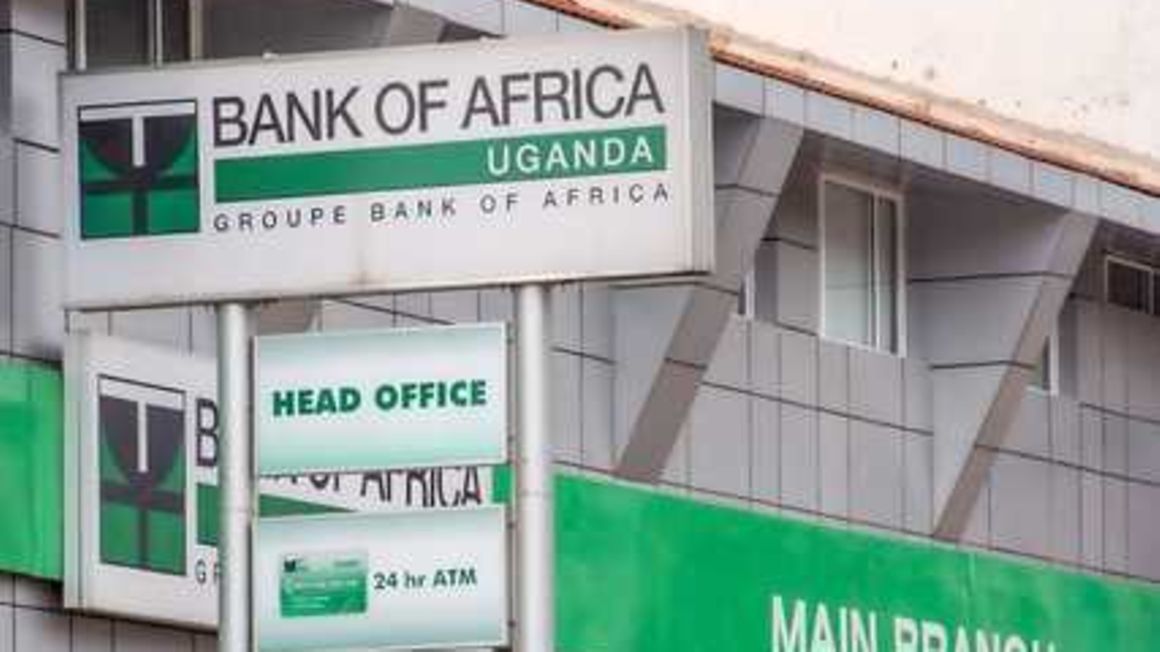Banks in Uganda are yet to release their financial results. PHOTO | FILE Multiple restructuring of distressed loans apparently created opportunity for several banks to save cash usually put aside for bad loan provisions in their books amid anti-Covid measures that left many small businesses crippled or shut down.
Repetitive loan restructuring targeted at distressed borrowers seemingly offered short term financial relief during the lockdown period.
Collaboration between the central bank and the telecommunications industry facilitated massive uptake of digital transaction channels during the lockdown period.
A decline in credit default provisions, increased uptake of digital transactions and more investments made in government securities are likely to influence Ugandan banks’ earnings for 2021.
Multiple restructuring of distressed loans apparently created opportunity for several banks to save cash usually put aside for bad loan provisions in their books amid anti-Covid measures that left many small businesses crippled or shut down.
Loan restructuring windows provided by the Bank of Uganda (BoU) range from six to 12 months for interested borrowers. Repetitive loan restructuring targeted at distressed borrowers seemingly offered short term financial relief during the lockdown period while minimising the burden of loan default provisions on account of longer credit recovery timelines available in the banking industry, sources claim.
Increased uptake of digital banking channels — SMS and internet banking platforms during the lockdown period — triggered lower operating costs for banks that previously relied on physical branches for in-person banking hall transactions. As a result, customer transaction traffic recorded on digital platforms by large banks grew to more than 50 percent of overall transaction volumes last year in a remarkable trend that yielded strong growth in transaction fees but on the flip side triggered new cyber security risks.
“The Central Bank allowed us to undertake as many as three to four loan restructuring exercises for distressed borrowers hit hard by the pandemic. This situation enabled us to minimise credit default provisions during 2021. But some banks that bear heavy credit exposure towards distressed sectors like education, leisure and hospitality plus real estate saw their credit provisions rise because of prolonged default problems.
The realised drop in credit default provisions was deployed in new investments made in treasury bills and bonds, new lending business and other product innovations. Increased uptake levels in the digital banking channels have definitely reduced operating costs but created new cyber security problems,” said a senior executive at DFCU Bank […]
